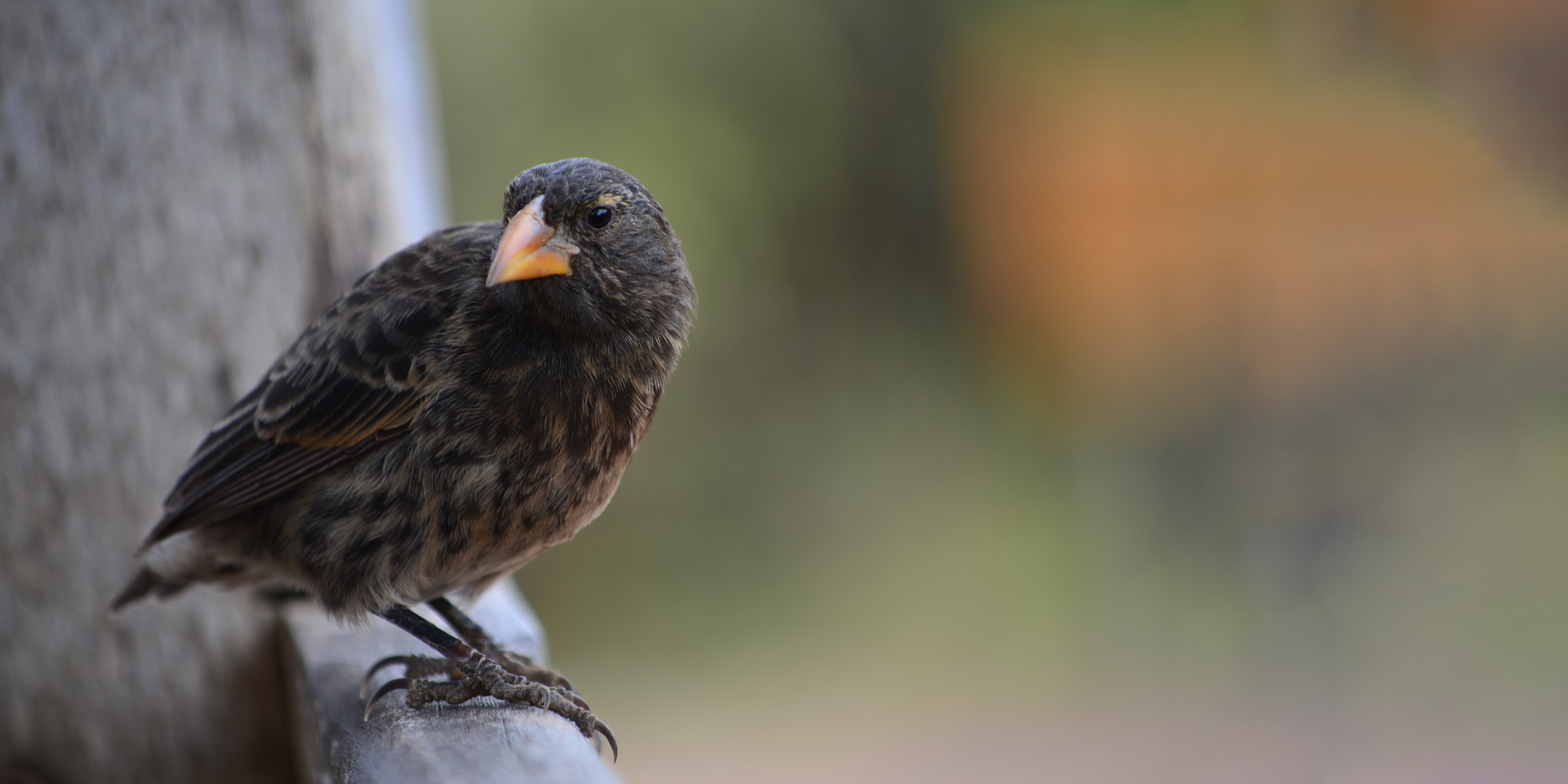Originally published 10 July 1995
There are people who prefer things to remain the same; there are people who prefer change. We call them respectively conservatives and liberals, Tories and Whigs, reactionaries and progressives.
Charles Darwin was a reluctant progressive.
In late 1843, sixteen years before the publication of his great book and eight years after the voyage of the Beagle, he wrote to his friend Joseph Hooker, “I am almost convinced quite contrary to the opinion I started with that species are not [it is like confessing a murder] immutable.”
Species change! To think such a thing was akin to murder.
Many species that existed in the past have become extinct. New species will exist in the future, having descended from species that exist today. All present animals and plants (including ourselves) are but a momentary snapshot of life, part of an ever-changing flux.
Darwin was keenly aware of the political, social, and religious implications of his ideas. If species change, then so might established institutions of society — the Church, the landed gentry, the ruling class. If life is a river flowing into the future, then who can prevent society from being carried along?
Evolution was not just a scientific idea. It was taken up by progressives as justification for social action, and damned by conservatives as subversive of the social order. It pitted against each other the two great hankerings of humankind — for fixity and for change. Darwin tells us over and over that he resisted the idea of evolution. The mutability of species was forced upon him, he says. If his science had revolutionary consequences, then it was nature’s fault, not his.
The lesson of change was whispered in Darwin’s ear when he visited the Galapagos Islands in 1835 aboard HMS Beagle. These were volcanic islands, recently emerged from the sea. They contained a variety of closely related species of plants and animals, similar to those on the South American mainland 600 miles away, yet different.
The meaning of what Darwin saw in the islands had to germinate in his mind, until the truth became irresistible: Immigrant species from the mainland had adapted to a new environment by natural selection.
Darwin did not observe the flora and fauna of the islands change. The theory of evolution by natural selection was a matter of logic, not observation. No one, including Darwin, had ever seen a new species emerge in nature. Evolution, as imagined by Darwin, takes place on a time scale that is vast, compared to human experience. For that reason, it has long been thought that it is impossible to observe natural selection in action.
Now, it turns out that evolution is happening all around us, day by day. Anyone who doubts the observability of natural selection should read Jonathan Weiner’s wonderful book, The Beak of the Finch: A Story of Evolution in Our Time.
The central protagonists are Peter and Rosemary Grant, of Princeton University, who for 20 years have been observing generation after generation of finches on one of Darwin’s Galapagos islands — measuring, observing, tracking, and analyzing their struggle for existence. The Grants have come to know every one of thousands of birds individually. They have watched the populations evolve — yes, physically evolve — in times of stress and in times of plenty. It is a brilliant story, beautifully told, which stunningly confirms in scope and particulars Charles Darwin’s reluctantly progressive leap of faith.
Weiner documents ongoing evolution in other places too: guppies in the Caribbean, soapberry bugs in the American South, stickleback fish in the ponds of the Canadian west, and bacteria worldwide. He shows us the beginnings of evolution as an experimental science.
There are almost certainly many more secrets yet to unravel before we will understand the full dynamic of evolution — how species arise, how they maintain themselves, how they are driven to ever greater diversity. Nevertheless, Weiner makes it clear that in recent decades a dribble of progress has become a cascade. Before the end of the 20th century, the cascade will likely become a torrent.
It cannot be long before the mystery of mysteries — the origin of a new species by natural selection — will be observed, perhaps on a Galapagos island, perhaps in a university lab.
I came away from Weiner’s book full of wonder at the mystery and prodigality of life. Life is truly a flame that dances upon the face of creation, never still, infinitely creative, with bright potential for the future. I guess that makes me a progressive in temperament. Others, of a more conservative bent, will continue to believe in the fixity of species, regardless of the progress of science.
Today, as in Darwin’s time, attitudes toward evolution can be as much a matter of temperament as of evidence.



